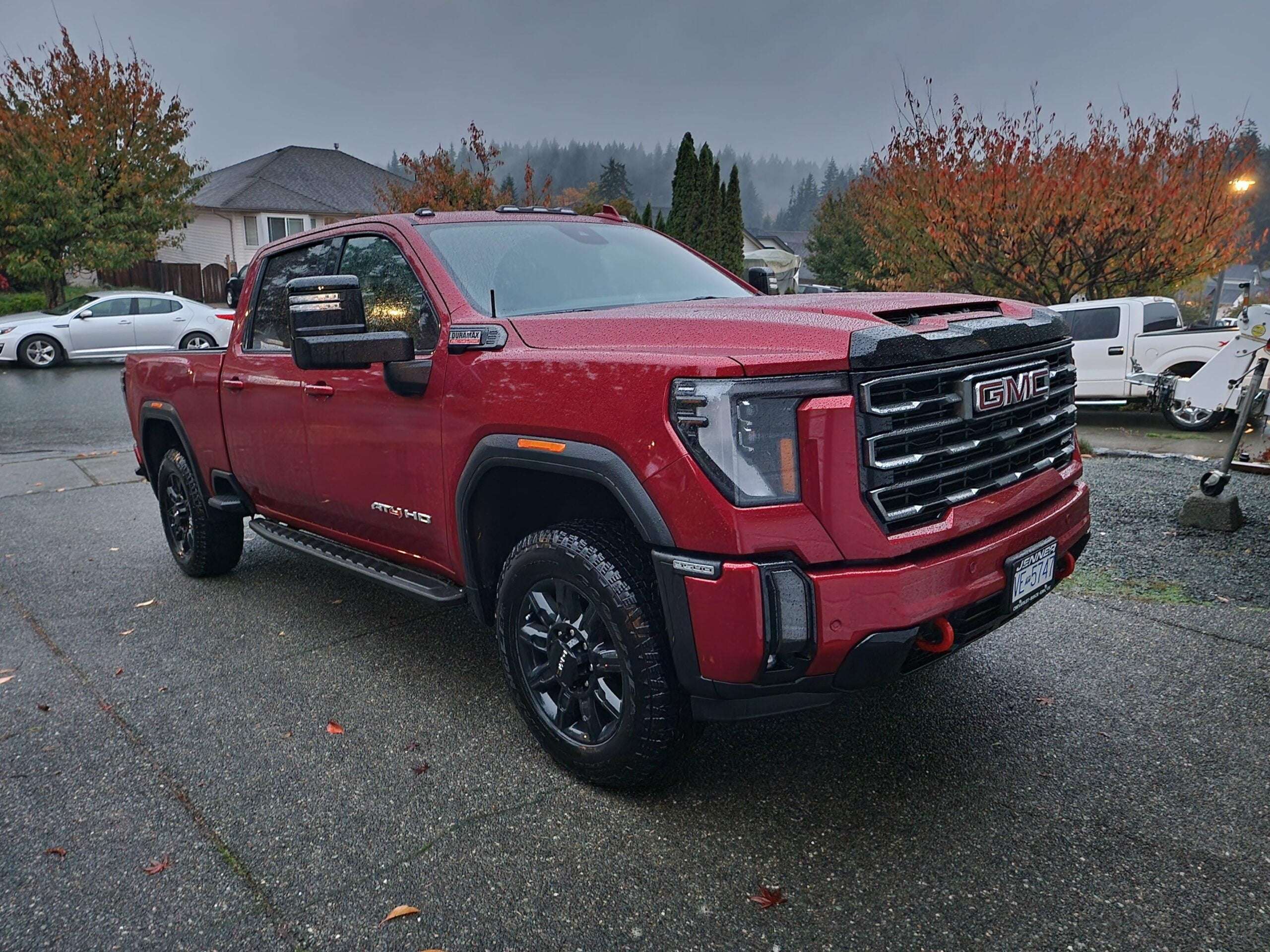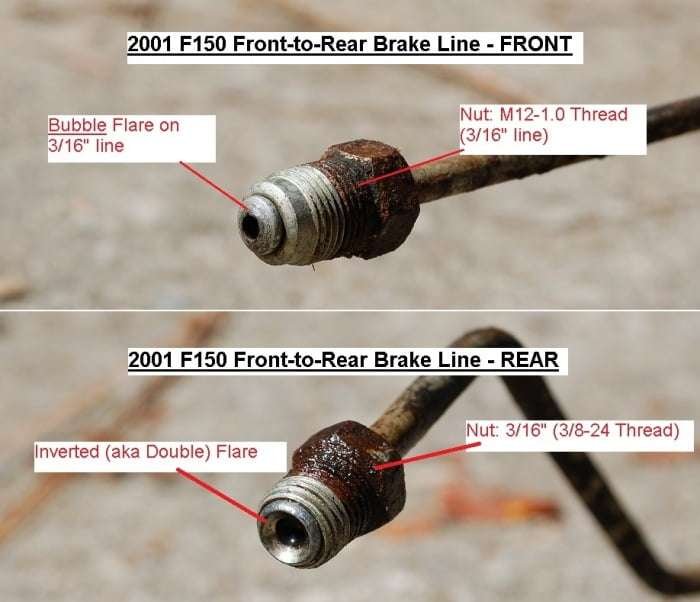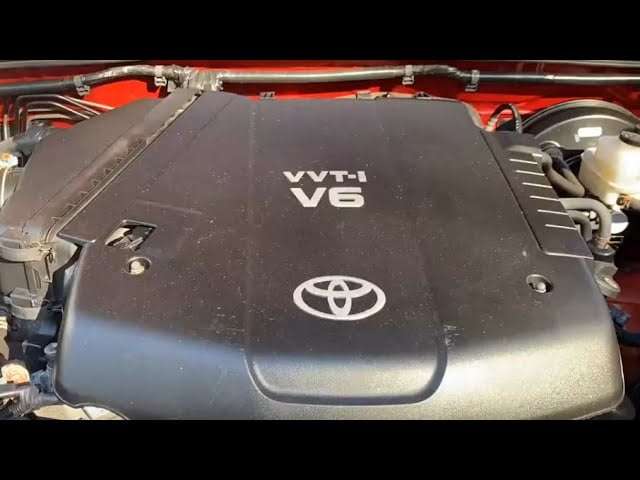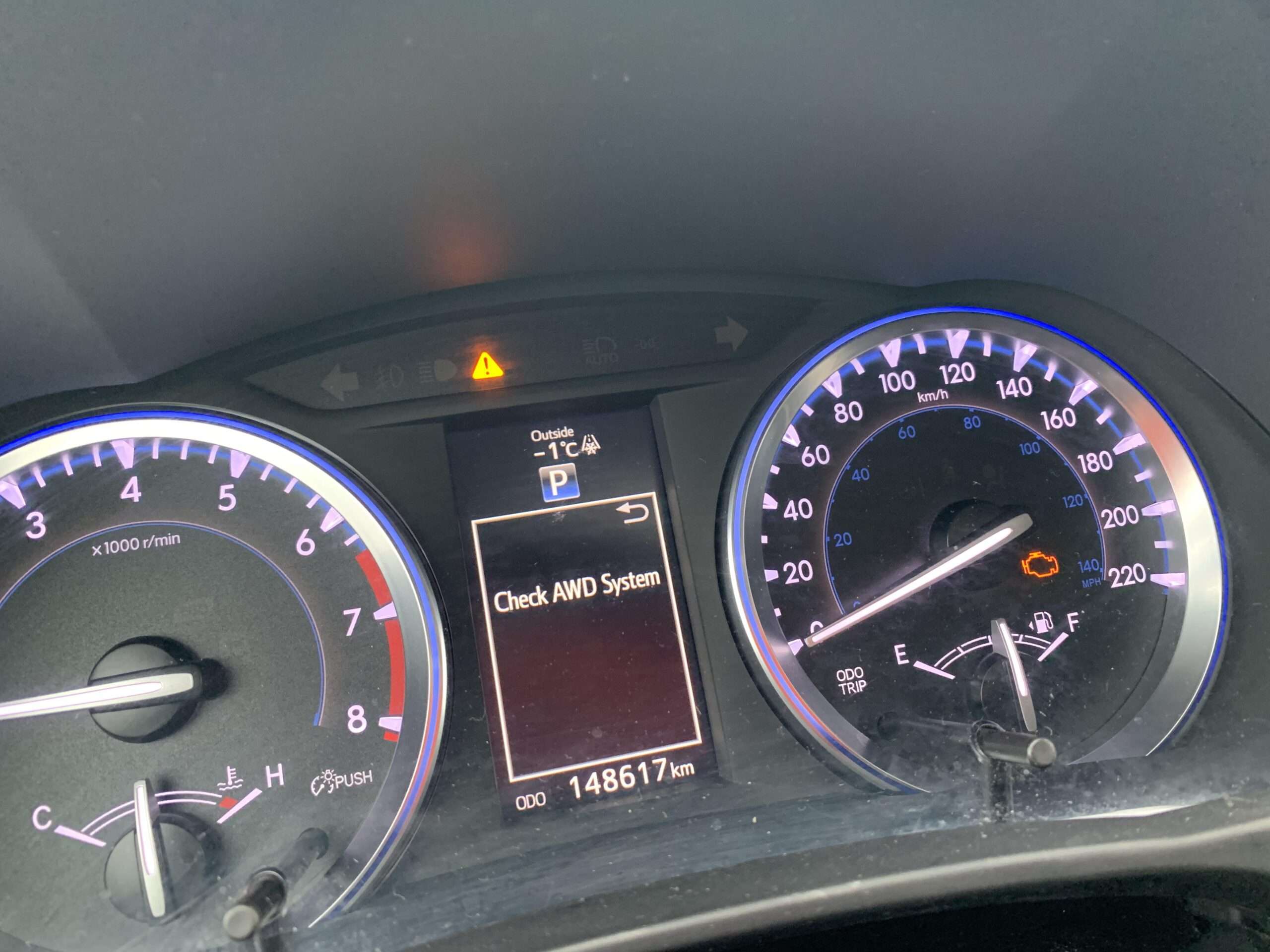If you’ve ever found yourself standing in an auto parts store, staring at shelves full of motor oils, you may have wondered about the differences between various viscosities and whether you can interchange them.
One common question that arises is, “Can I use 5W40 instead of 5W30?”
Now, we will explore the similarities and differences between these two motor oil grades and analyze whether it is safe to substitute one for the other.
Understanding Motor Oil Viscosity Grades
Before we delve into the specifics of 5W30 and 5W40, let’s first understand what those numbers actually mean. The “W” in these grades stands for “winter,” indicating the oil’s cold-start performance.
The number preceding the “W” represents the oil’s viscosity at low temperatures, while the number following the “W” represents the viscosity at high temperatures.
In simple terms, viscosity refers to the oil’s thickness or resistance to flow. A lower number before the “W” indicates a thinner oil that flows more easily at cold temperatures. A lower number after the “W” suggests a thinner oil that maintains its flowability at higher temperatures.
5W30 Motor Oil: Versatility and Efficiency
5W30 is a widely used motor oil grade known for its versatility and efficiency. It is commonly recommended for a range of vehicles, including passenger cars, light trucks, and SUVs.
The “5” in 5W30 signifies that the oil maintains its viscosity as a 5-weight oil at low temperatures, ensuring easy cold starts.
This grade provides excellent lubrication and protection in a wide temperature range, making it suitable for both cold winters and hot summers.
The thin viscosity of 5W30 allows it to flow quickly through the engine, reducing friction and improving fuel efficiency.
It is particularly beneficial in vehicles with tight engine tolerances, such as modern vehicles with variable valve timing.
5W40 Motor Oil: Enhanced Protection and Higher Temperatures
On the other hand, 5W40 motor oil is designed for vehicles that require enhanced protection at higher temperatures.
The “40” in 5W40 represents its viscosity at high temperatures, indicating that it behaves like a 40-weight oil. This thicker viscosity provides better protection against heat-induced oil breakdown and reduces engine wear in demanding conditions.
5W40 is often recommended for high-performance engines, turbocharged engines, and older vehicles with looser tolerances.
It is suitable for regions with hot climates or severe driving conditions, such as towing heavy loads or driving at high speeds for extended periods.
Comparing 5W30 and 5W40: Common Facts
To help you better understand the similarities and differences between 5W30 and 5W40 motor oils, let’s examine some common facts about these grades:
1. Cold-Start Performance
Both 5W30 and 5W40 motor oils have a “5W” rating, indicating good cold-start performance.
They flow easily at low temperatures, ensuring proper lubrication during cold starts, which is essential for protecting the engine.
2. Temperature Stability
While 5W30 maintains its viscosity as a 30-weight oil at high temperatures, 5W40 behaves like a 40-weight oil.
This means that 5W40 offers slightly better viscosity stability at higher temperatures, providing enhanced protection in demanding conditions.
4. Fuel Efficiency
Due to its thinner viscosity, 5W30 motor oil typically offers better fuel efficiency compared to 5W40.
The reduced friction and improved flow properties of 5W30 contribute to better mileage, especially in vehicles with tight engine tolerances.
5. Engine Protection
Both 5W30 and 5W40 motor oils provide adequate engine protection, but their specific characteristics cater to different engine types and operating conditions.
5W30 excels in providing lubrication and protection for modern engines with tight tolerances, while 5W40 is better suited for high-performance engines and older vehicles with looser tolerances.
6. Climate Considerations
The choice between 5W30 and 5W40 can also depend on the climate in which you live and drive.
If you reside in an area with extremely cold winters, 5W30 is a preferred choice due to its excellent cold-start properties.
However, if you live in a region with hot temperatures or regularly subject your vehicle to high-stress conditions, 5W40’s higher temperature stability and enhanced protection may be more beneficial.
7. Manufacturer Recommendations
It is always crucial to consult your vehicle’s owner’s manual or contact the manufacturer to determine the recommended motor oil viscosity. Some vehicles are designed to work optimally with a specific oil grade, and deviating from the manufacturer’s recommendations may affect engine performance and longevity.
Can You Use 5W40 Instead of 5W30?
Now that we have a clear understanding of the characteristics and differences between 5W30 and 5W40 motor oils, let’s address the pressing question: Can you use 5W40 instead of 5W30?
In most cases, it is generally safe to use 5W40 instead of 5W30 as a temporary or emergency solution.
Both grades offer similar cold-start performance, and 5W40’s slightly thicker viscosity may provide additional protection in certain situations.
However, it is crucial to understand that deviating from the recommended oil grade may have implications.
Using 5W40 instead of 5W30 might lead to:
Reduced Fuel Efficiency
5W40’s thicker viscosity can increase friction and potentially reduce fuel efficiency compared to 5W30. If fuel economy is a priority, it is advisable to stick to the recommended oil grade.
Potential Engine Stress
Modern engines with tight tolerances may not perform optimally with 5W40, which is designed for looser-tolerance engines.
Using a heavier oil grade may put extra stress on the engine components and affect its performance and longevity.
Warranty Concerns
Deviating from the manufacturer’s recommended oil grade could potentially void your vehicle’s warranty.
Manufacturers specify oil grades for a reason, and using an alternative grade may give them grounds to reject warranty claims related to engine issues.
Final verdict
While it is possible to use 5W40 instead of 5W30 in certain situations, it is crucial to consider the specific requirements of your vehicle, climate conditions, and manufacturer recommendations.
Understanding the differences between these oil grades and their intended applications will help you make an informed decision.
Remember, motor oil is a vital component in ensuring your engine’s longevity and performance.
When in doubt, consult your vehicle’s owner’s manual or seek advice from a qualified mechanic to determine the most suitable motor oil grade for your specific needs.

















